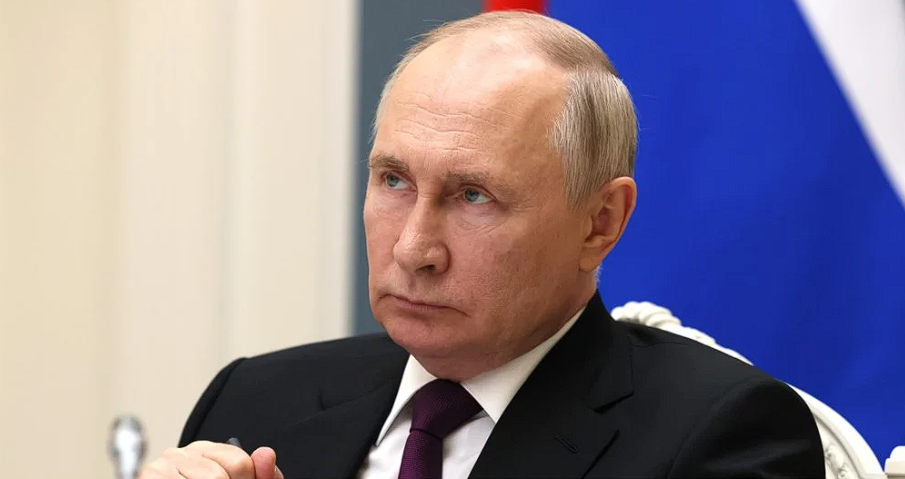Russia is facing growing financial challenges.
Others are reading now
Global energy markets have always been a battlefield of influence and strategy. Oil powers economies and wars alike, determining not just wealth but geopolitical power.
With recent shifts in supply and demand, a major player on this stage — Russia — is facing growing financial challenges.
In November 2024, Russia’s oil revenue fell by 21% compared to the same period last year, according to Ziare.
This decline is tied to falling global oil prices and oversupply. Janet Yellen, the U.S. Treasury Secretary, has stated that the current market conditions present a unique opportunity to ramp up pressure on Moscow.
Also read
Redirected to China and India
Yellen pointed out that oil markets are well-stocked, with lower global demand. Prices for Brent crude have dropped 4% this year, while U.S. West Texas Intermediate is down 1%.
“The market is weaker right now, and this creates an opening for additional steps,” she told Bloomberg.
Though she avoided specifics, her comments suggest the U.S. may consider further restrictions on Russia’s energy exports.
Since the war in Ukraine began, Western nations have imposed significant measures to limit Moscow’s oil revenues without triggering global price spikes.
A price cap on Russian energy, paired with bans on certain financial services for Russian transactions, has allowed markets to function while curbing Kremlin income.
Russia has responded by redirecting most of its oil exports to India and China. Despite this, the Kremlin’s earnings are shrinking. November marked a sharp drop in revenue due to the lower prices offered to attract buyers in Asia.
Dmitry Peskov, Kremlin spokesperson, criticized the U.S. approach, saying it would strain future relations. But the financial pressure is undeniable.
The sanctions on Russia’s energy exports—most recently targeting Gazprombank—are forcing Moscow to rely heavily on discounted sales.


